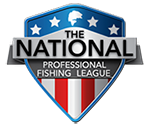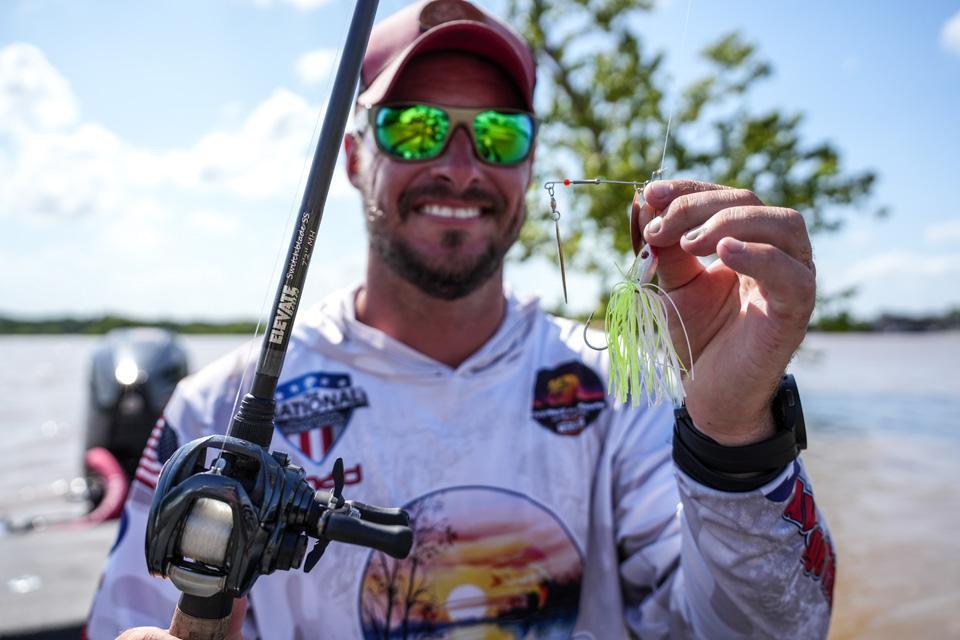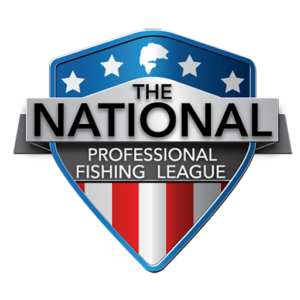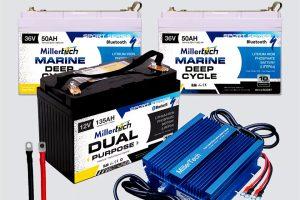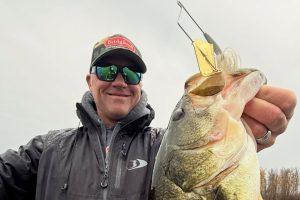Story by Chad Marler | Photos by Tanner & Travis Lyons
Most anglers focus on the physical side of tournament fishing—the rods, the electronics, the lure selection. But what separates a good fisherman from a great one isn’t just gear or talent. It’s what happens between the ears.
Tournament fishing is a mental war. You’re up against the weather, the clock, your own expectations, and sometimes even a hundred other anglers all trying to figure out the same body of water. That pressure can expose weakness or forge focus. For me, the biggest lessons I’ve learned on tour didn’t come from catching them—they came from the days I didn’t.
Staying Composed When the Plan Falls Apart
Every angler has a game plan before takeoff. You mark your spots, study your graphs, run your pattern … and then sometimes, it just doesn’t work. The fish move. The wind shifts. Something changes.
That’s when your mental state makes or breaks you. Early in my career, I used to let frustration take over. I’d fish angry, burn through areas, second-guess every decision. Now, I try to treat those moments like a challenge instead of a punishment. When the plan falls apart, that’s when instinct and trust have to take over. You must slow down, breathe, and rebuild your day … one cast at a time.
Practice Isn’t Just Physical
I tell a lot of the clients on my guide trips on Sam Rayburn Reservoir that “practice builds patterns.” But it also builds patience. Tournament preparation isn’t only about finding fish; it’s about mentally rehearsing scenarios before they happen.
I try to approach practice days like a chess match. Every decision, every waypoint, has a “what if” attached. What if that spot gets blown out? What if the water rises a foot? What if that early bite dies by noon? Running through those possibilities ahead of time builds confidence for when you’re in the heat of the moment.
When tournament day comes, the mental fatigue of practice is real. You’ve got to conserve mental energy just like you conserve fuel. That’s why I’ve learned to shut it down when I feel that overload. Sometimes the best move isn’t another cast, it’s calling it a day and trusting that you’ve done enough.
Confidence: The Most Powerful Tool on the Boat
You can’t buy confidence at a tackle shop. It’s earned. And in tournament fishing, confidence is often the deciding factor between an average finish and a top 10.
Confidence doesn’t mean arrogance — it’s quiet, patient, and rooted in preparation. For me, confidence comes from hours on the water, time spent studying my electronics and understanding the seasonal patterns. When I’m confident, I fish free. I make better decisions. I take risks that pay off.
But even confidence has to be managed. The second you let overconfidence creep in — thinking you’ve got it all figured out — the sport has a way of humbling you … fast.
The Reset Button
One of the most important mental tools I’ve learned is the “reset.”
It’s easy to carry a bad day into the next morning. But the truth is, the leaderboard doesn’t care about yesterday. Whether you zeroed or led the field, Day 2 starts at zero mentally. I’ve learned to take 15 minutes every night after weigh-in just to decompress — no phone, no graphs, no talking strategy. Just silence. That’s where I mentally reset, get grateful, and get ready to go back to work.
Grit Over Glamour
The NPFL and professional fishing in general can look glamorous from the outside — new boats, big checks, social media highlights. But the reality is, this sport is built on grit.
You travel thousands of miles, spend weeks away from family, and fight through days when nothing goes right. That’s when you find out who you really are. Those moments teach you more about life than fishing ever could.
I’ve learned that mental toughness isn’t about never breaking down — it’s about how fast you rebuild. It’s about having faith when logic says you’re beat. And it’s about remembering why you started doing this in the first place.
Final Thought
Fishing will always test you — physically, financially, emotionally. But it also gives you the opportunity to grow. If you can win the battle between your ears, you’ve already won before the first cast.
Chad Marler – Angler Profile
